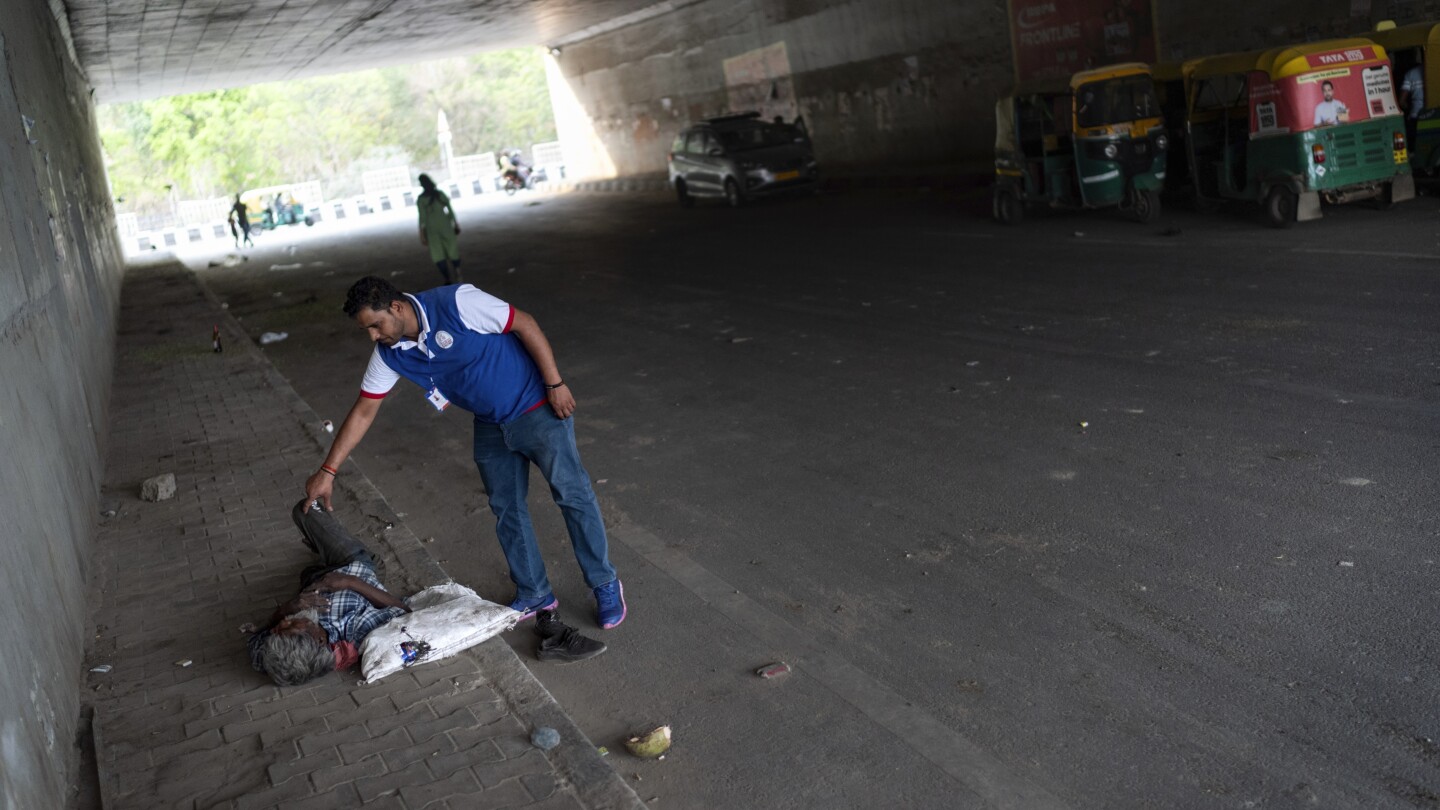They were found in gutters, on streets, in bushes. They were boarded on trains, deserted in hospitals, dumped at temples. They were sent away for being sick or outliving paychecks or simply growing too old.
By the time they reached this home for the aged and unwanted, many were too numb to speak. Some took months to mouth the truth of how they came to spend their final days in exile.
“They said, ‘Taking care of him is not our cup of tea,’” says Amirchand Sharma, 65, a retired policeman whose sons left him to die near the river after he was badly hurt in an accident. “They said, ‘Throw him away.’”
In its traditions, in its religious tenets and in its laws, India has long cemented the belief that it is a child’s duty to care for his aging parents. But in a land known for revering its elderly, a secret shame has emerged: A burgeoning population of older people abandoned by their own families.
This is a country where grandparents routinely share a roof with children and grandchildren, and where the expectation that the young care for the old is so ingrained in the national ethos that nursing homes are a relative rarity and hiring caregivers is often seen as taboo. But expanding lifespans have brought ballooning caregiving pressure, a wave of urbanization has driven many young far from their home villages and a creeping Western influence has begun eroding the tradition of multigenerational living.
Courtrooms swell with thousands of cases of parents seeking help from their children. Footpaths and alleys are crowded with older people who now call them home. And a cottage industry of nonprofits for the abandoned has sprouted, operating a constantly growing number of shelters that continually fill.



No one would leave their parents on the streets if they had a good relationship with them. At the very least they would let them live in their homes.
Presuming the children have the means to support their parents and their immediate family.
If not, a tough decision must be made.
I didn’t say you would be able to provide the care they need, but if you love them, you would always find some space in your home so they are not on the street.
What about the children who can only afford a bedroom. Tough luck I guess.
No matter how small a place is I imagine you would always figure out some space for your parents instead of sending them to the streets.
You might not be able to provide adequate help they need, but I think if you love your parents you wouldn’t let them stay on the street.
Literally for most of history the peasant home was one room. Grandparents, parents and their 5 surviving children were all crammed in there at night. Privacy was not a thing. What I mean is, there’s a long way to fall before true necessity comes into the picture, and as things get worse families tend to stick together more.
You have a whole lot of faith in people.